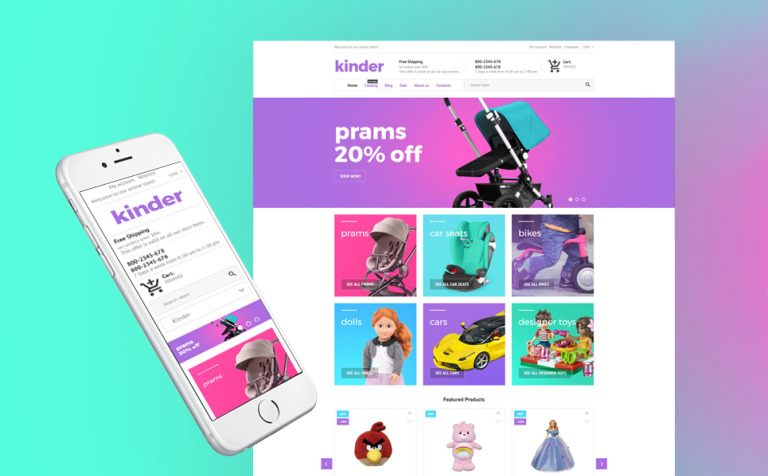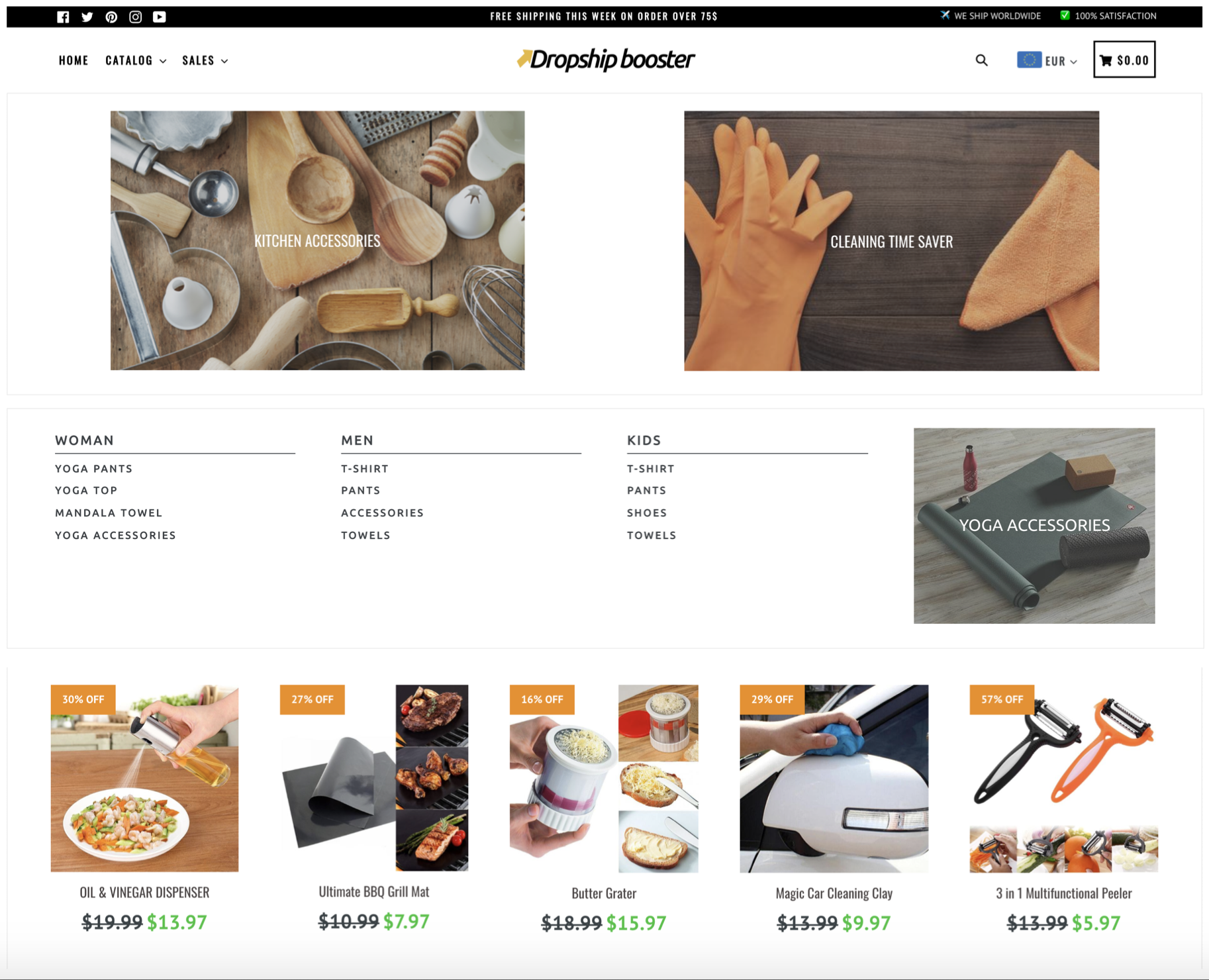Or go to our Shopify Theme Detector directly
How to Protect your Store from Spam on Shopify
Last modified: April 18, 2024

Spam might not always be a huge problem for Shopify store owners, but it is an annoying problem. Spam can come in numerous ways with spam comments, spam messages, spam registrations, hacking activity and spam orders of free downloads/services that can be time-consuming to manage and see. There are ways that you can protect your store from spam.
| # | Name | Image | |
|---|---|---|---|
| 1 |

|
Kinder
|
|
| 2 |

|
Maker
|
|
| 3 |

|
Booster
|
|
| 4 |

|
Blockshop
|
|
| 5 |

|
Retina
|
|
| 6 |

|
Supply
|
|
| 7 |

|
Broadcast
|
|
| 8 |

|
Mobilia
|
|
| 9 |

|
Parallax
|
|
| 10 |

|
Ira
|
|
|
Show More
|
|||
What is Spam?
Spam is a message that has been issued to you without permission or invite that has no real value and just aims at presenting a favorable outcome for the sender. For instance, there are blog comments where they add little value to the conversation but include a link to their website that will help them get more inbound links for SEO.
Another thing that is regularly seen is sale emails that are sent through contact forms.
Is Spam so Prevalent?
According to statistics, about 85% of all email sent and received can be considered spam. This is a significant drain on internet resources and without it, speeds of legitimate services might be faster. It would also mean that people are more productive, as they would spend less time sorting through spam messages to find real messages.
In addition, spam can prevent real emails from getting through. This is either done through too many emails being sent through a system that the legitimate ones are missed by the reader and accidentally deleted, or the spam filter accidentally places a legitimate email into the spam folder.
How is Spam Harmful?
Spam can be harmful in many ways. In addition to hiding real messages, spam can contain viruses and other malicious software that can damage your computer systems. Spam comments on your website can look untrustworthy. You might also notice that your website gets penalized by Google if it is considered a link farm because of spam comments. This can reduce legitimate traffic.
Spambots on your website can also slow down your website and make the experience for other customers worse. They can affect loading times for pages that can reduce conversions and revenues on your website.
How to Prevent Spam on your Shopify Store
There are several measures you can take to prevent spam and protect your Shopify store from hackers and fraudulent activities.
The first is to use an app that can identify bad IP addresses or spam bots that can harm your website’s performance. Ellipsis is a great option for an app.
Another option is to have a custom contact form that includes a link to your terms and conditions and insert into those a clause that says you can charge a set amount for unsolicited sales contacts. While it seems strange, this can reduce emails because some spam is still sent manually and some people do read the terms and may be put off.
Another option is to not have a contact form or to use Facebook Messenger or live chat instead. This can reduce spam fairly effectively.
Incorporating a CAPTCHA on your website forms can be an effective way to prevent spam and protect from automated bots or hackers attempting to gain unauthorized access. Enabling two-factor authentication also adds an extra layer of security to your Shopify account.
Shopify provides various safety and security features to help protect your store from spam, hacking, and fraud. These include SSL certificates for secure data transmission, PCI-compliant payment processing, and fraud analysis tools to detect and prevent fraudulent orders.
Having a plan for recovering from hacks is crucial. This may involve restoring from backups, changing passwords, and implementing additional security measures to prevent future attacks.
To reduce the risk of fraud, consider using an app or service that can identify and block suspicious IP addresses or spam bots that may attempt to place fraudulent orders on your store.
Conclusion: How to Protect your Store from Spam on Shopify
Preventing spam on your website can be tricky. While there is no foolproof solution, implementing measures such as adding a CAPTCHA, enabling two-step verification, utilizing Shopify’s security features, and having a plan for recovering from hacks can significantly reduce the risk of your store falling victim to spam, hacking, and fraud.
Additionally, using apps or services specifically designed to identify and block spam and preventing fraudulent activities can further enhance the protection of your online business.
-
Can spam affect my store’s search engine ranking?
Search engines may penalize sites with excessive spam content, leading to lower rankings and reduced visibility, which can harm your store’s online presence.
-
How can I educate my team about spam protection on Shopify?
Provide training sessions on identifying spam and using anti-spam tools. Encourage them to stay updated with the latest spam trends and Shopify’s security features to manage and protect your store.
-
Can customer reviews on my Shopify store be affected by spam?
Yes, spammers can post fake reviews, negatively impacting your store’s credibility. It’s important to monitor and manage reviews regularly to maintain the authenticity and trustworthiness of your store.




 PageFly Landing Page Builder
PageFly Landing Page Builder  Shopify
Shopify  SEMrush
SEMrush  Website Maintenance
Website Maintenance  UpPromote
UpPromote